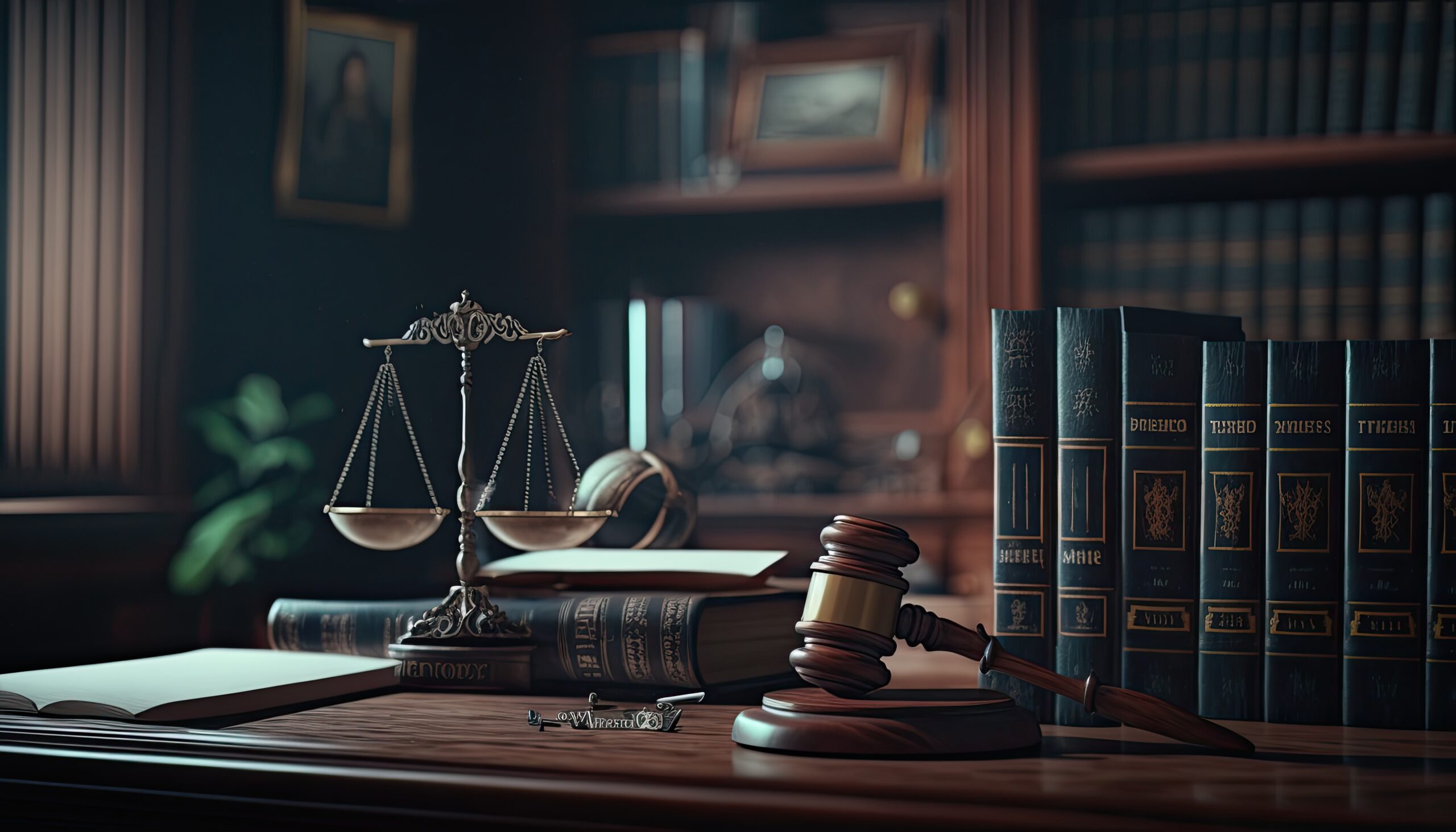In today’s digital age, social media platforms have become an integral part of our lives, influencing how we connect, communicate, and share information. However, the nature of social media has also had a profound impact on the field of criminal defense law. As the legal landscape continues to evolve, Stowell Crayk, a leading criminal defense law firm, recognizes the significance of understanding and navigating the complexities of social media in criminal cases.
The complicated role of social media in criminal defense can both aid and challenge legal proceedings. From investigating evidence to building a robust defense strategy, social media plays a pivotal role in modern criminal cases. The team at Stowel Crayk is experienced in handling complex cases like these and understanding how social media can impact a case both positively and negatively. We will delve into its implications, potential benefits, and pitfalls for both defendants and prosecutors.
1. Social Media as a Source of Evidence
One of the most significant developments in recent years is the use of social media as a valuable source of evidence in criminal cases. Platforms like Facebook, Twitter, Instagram, and TikTok provide users with the means to document their daily lives, thoughts, and actions. This wealth of information can be invaluable to both prosecutors and defense attorneys.
- Incriminating Evidence: Prosecutors often explore social media profiles for incriminating posts or photos that can link a defendant to a crime. These could include confessions, videos of illegal activities, or even evidence of motive. In cases where social media plays a pivotal role, defense strategies must adapt to effectively challenge the validity and interpretation of this evidence.
- Alibis and Defense: Conversely, social media can serve as a powerful tool for the defense. When used strategically, it can provide alibis, establish character, or demonstrate that the defendant’s actions were misconstrued. By strategically leveraging social media, a skilled criminal defense law firm can craft a more robust and persuasive defense strategy for their clients.
2. Challenges in Authenticity and Privacy
While social media can be a treasure trove of information, its use in criminal cases also presents challenges.
- Authenticity: One major challenge is ensuring the authenticity of social media evidence. It is not uncommon for individuals to create fake accounts or manipulate content. Defense attorneys must be vigilant in verifying the legitimacy of the evidence presented against their clients. In an era where deepfakes and digital manipulation are increasingly sophisticated, defense attorneys must use a range of techniques to verify the legitimacy of social media content.
- Privacy Concerns: Balancing the use of social media evidence with privacy rights is another critical consideration. Courts often grapple with the question of whether accessing private social media content without consent violates an individual’s Fourth Amendment rights. This emphasizes the importance of clear guidelines and ethical standards in handling social media data in legal proceedings.
3. Social Media Investigations
Social media platforms can be a goldmine for investigative work in criminal defense cases. Skilled attorneys and investigators can uncover vital information by:
- Analyzing Posts: Examining a defendant’s posts and interactions can provide insights into their state of mind, relationships, and possible motives. This information can be used to build a compelling defense strategy. Even seemingly innocent comments or interactions may produce significant clues for teams at a criminal defense law firm.
- Identifying Witnesses: Social media can help identify potential witnesses or corroborate the testimony of existing witnesses. This can be crucial in establishing the facts of a case. Social media can also be a valuable tool for challenging witness credibility. Defense attorneys may uncover posts or messages that contradict a witness’s testimony, calling their reliability into question.
- Locating Evidence: In some instances, social media can help locate physical evidence or establish timelines that are crucial to a case. A geotagged photo or video shared on social media might reveal the location of important evidence or establish a timeline critical to the case.
4. Social Media and Pre-Trial Publicity
The increased use of social media has had a profound impact on the pre-trial publicity surrounding criminal cases. High-profile cases can quickly become sensationalized, with information and opinions shared across various platforms. This can pose challenges for both the prosecution and defense.
- Jury Selection: The exposure of potential jurors to information related to a case on social media can impact their impartiality. Jury selection becomes a more intricate process, requiring attorneys to screen jurors for any bias. Ensuring that jurors are impartial and have not been unduly influenced by social media is essential to upholding the principles of fairness and justice in the legal system. Defense attorneys play a critical role in safeguarding their clients’ rights through these processes.
- Trial Strategy: Criminal defense law firms must develop strategies to address and mitigate the influence of social media on public opinion. This may involve challenging the admissibility of certain evidence or seeking a change of venue. In today’s digital age, where information spreads rapidly on social media, defense attorneys must be adept at managing both the legal aspects of the case and the public perception of their clients.
5. Ethical Considerations
The use of social media in criminal defense also raises important ethical considerations for attorneys. They must navigate a fine line between zealous representation and ethical responsibilities:
- Client Communication: Attorneys must educate their clients about the potential consequences of their social media activity during an ongoing case. Advising clients to refrain from posting about their case or discussing it with others on social media is a common practice. Ongoing communication and guidance are essential to empower clients to protect their interests throughout the legal process.
- Disclosure Obligations: Ethical rules may require attorneys to disclose relevant social media evidence to the prosecution, even if it may harm their client’s case. Failure to do so could result in disciplinary action. Failure to adhere to ethical disclosure rules can result in disciplinary actions. Throughout this process, maintaining professionalism and adhering to ethical principles is essential to ensure justice while providing effective representation.
6. Social Media’s Impact on Criminal Cases
To better understand the real-world implications of social media in criminal defense law firms, there are a few examples that underscore this importance:
- The Role of Facebook in an Alibi: A defendant’s Facebook posts and location data could be used to establish an alibi, proving that the defendant was miles away from the crime scene at the time of the murder.
- The Dangers of Over-Sharing: In a drug trafficking case, the prosecution could present evidence from the defendant’s Instagram account, which features photos of large quantities of drugs. The defendant’s oversharing on social media can play a significant role in securing a conviction.
- Social Media and Witness Credibility: In a high-profile assault case, the defense uses the victim’s Twitter posts to challenge her credibility. Posts that contradicted her testimony could be introduced to cast doubt on the veracity of her claims.
7. Best Practices for Criminal Defense Attorneys
In light of the complexities surrounding social media in criminal cases, criminal defense attorneys should adopt best practices to effectively represent their clients, ensuring that digital evidence is scrutinized, verified, and strategically employed in a manner that safeguards the rights and interests of the accused:
- Early Assessment: Conduct a thorough early assessment of the defendant’s social media presence to gauge potential risks and opportunities.
- Digital Forensics: Collaborate with digital forensic experts to ensure the authenticity and admissibility of social media evidence.
- Privacy Protections: Advocate for the protection of your client’s privacy rights when dealing with social media evidence.
- Jury Selection: Pay close attention to the social media activity of potential jurors to identify biases that may affect the trial.
- Ethical Guidelines: Adhere to ethical guidelines and communicate clearly with clients about the implications of their social media activity.
Conclusion
Social media’s extensive presence in our lives has started a new era for criminal defense law. The use of social media as evidence, a tool for investigation, and a source of pre-trial publicity has become a standard practice in the legal field. As Stowell Crayk and other leading criminal defense law firms adapt to this digital landscape, it is crucial to strike a balance between harnessing the benefits of social media and addressing its challenges.
In an age where a single tweet or Facebook post can alter the course of a criminal case, the importance of a skilled and tech-savvy legal defense cannot be overstated. The legal community must continue to grapple with the ethical and legal considerations surrounding social media in criminal defense, ensuring that justice is served while respecting the privacy rights of individuals.
As we move forward, it is clear that social media will remain a dynamic and ever-evolving aspect of criminal defense law. Attorneys must continue to stay up-to-date of emerging trends and best practices to effectively advocate for their clients in this digital age.

